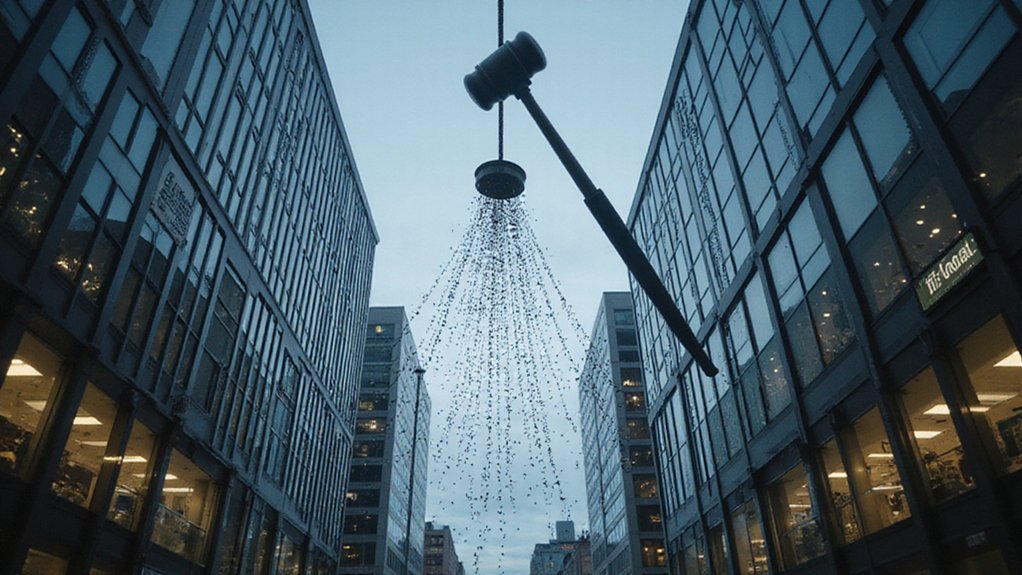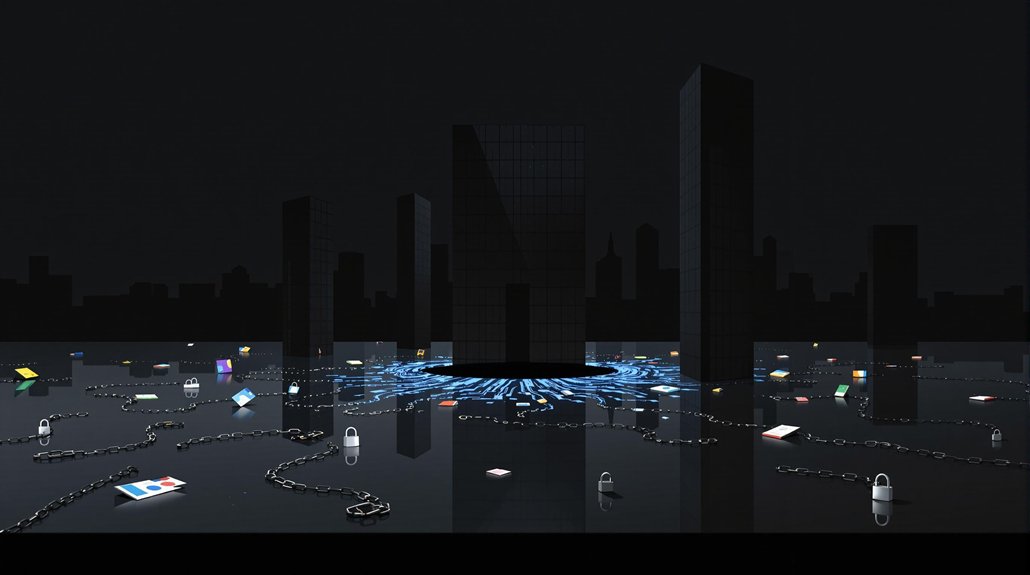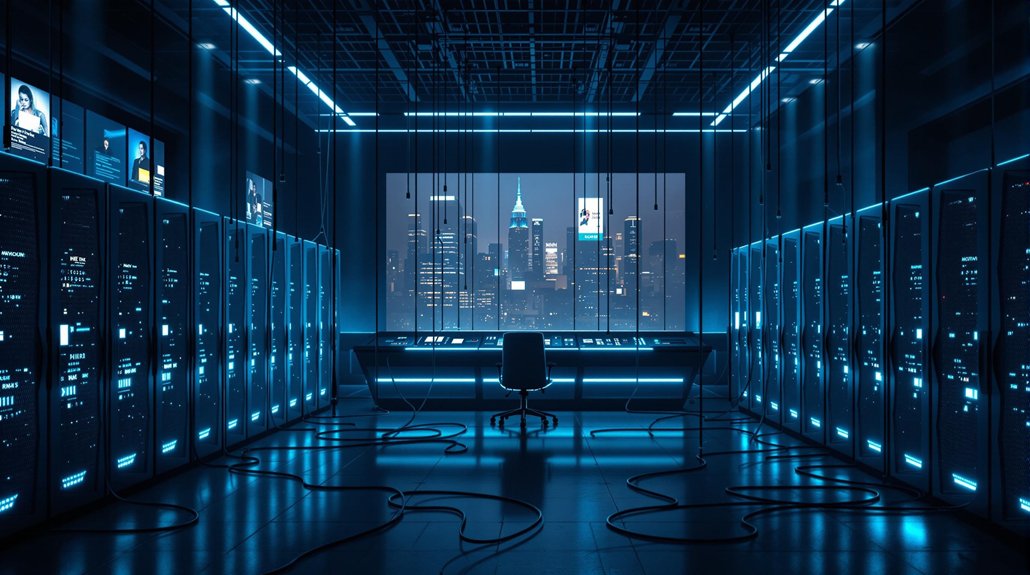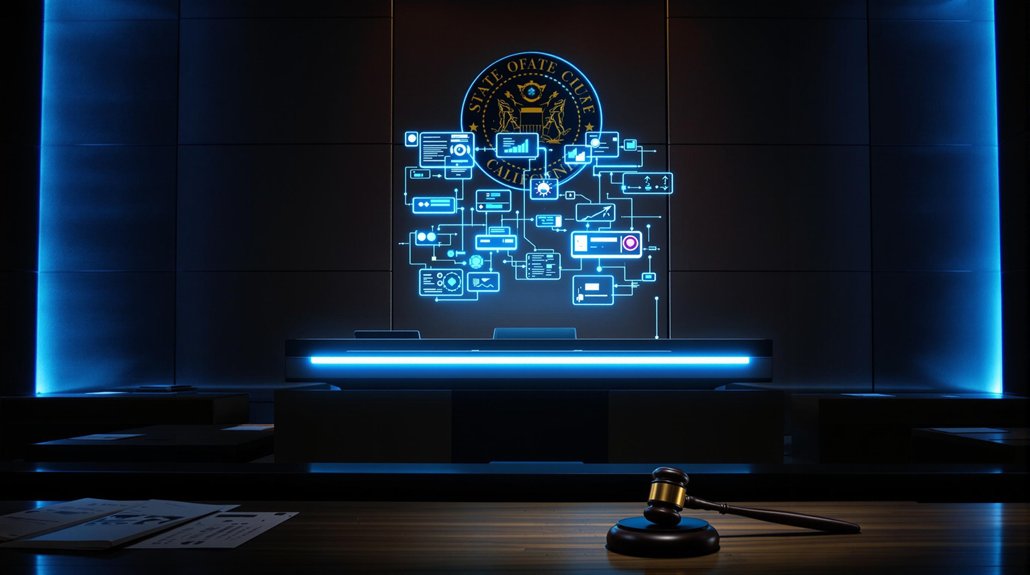Media company Ziff Davis, owner of PCMag, Mashable, and IGN, filed a lawsuit against OpenAI in April 2025. The complaint, submitted in Delaware federal court, alleges widespread copyright infringement of thousands of articles across Ziff Davis publications. The publisher claims OpenAI ignored multiple warning letters and failed to establish licensing agreements despite attempts at negotiation. OpenAI maintains its use of online content qualifies as fair use. The dispute highlights growing tensions between publishers and AI developers.
After months of unresolved disputes, media giant Ziff Davis has filed a lawsuit against OpenAI, alleging widespread copyright infringement. The lawsuit, filed in the United States District Court for the District of Delaware in April 2025, claims that OpenAI used content from Ziff Davis brands without permission to train its AI systems.
Ziff Davis owns several popular tech websites including PCMag, Mashable, and IGN Entertainment. The company says OpenAI copied thousands of articles, reviews, and other digital material without authorization. According to court documents, Ziff Davis sent multiple warning letters to OpenAI throughout last year, but claims these warnings were dismissed.
The legal action seeks to stop OpenAI from using Ziff Davis content in its products. The lawsuit also references possible violations of the Digital Millennium Copyright Act related to removal of copyright information. Ziff Davis wants the court to issue an injunction against OpenAI to prevent further use of its material.
This case is part of a growing trend of publishers taking legal action against AI companies. Many media organizations are concerned about tech firms using their content to build AI systems without paying for it. Ziff Davis claims the unauthorized use affects content across its technology, gaming, and digital lifestyle publications. This lawsuit highlights how challenging it is to mine value from the estimated over 80% of real-world data that exists as unstructured text.
Before filing the lawsuit, Ziff Davis reportedly tried to establish licensing arrangements with OpenAI, but these attempts were unsuccessful. The publishing company’s complaint describes both large-scale copying and reproduction of significant portions of its original work.
OpenAI has maintained in similar cases that its use of online content falls under fair use principles and transforms the original material in meaningful ways. However, the company has made limited public statements about this specific lawsuit as of April 2025.
This legal battle highlights the ongoing tension between traditional publishers and AI developers over intellectual property rights in the digital age.









